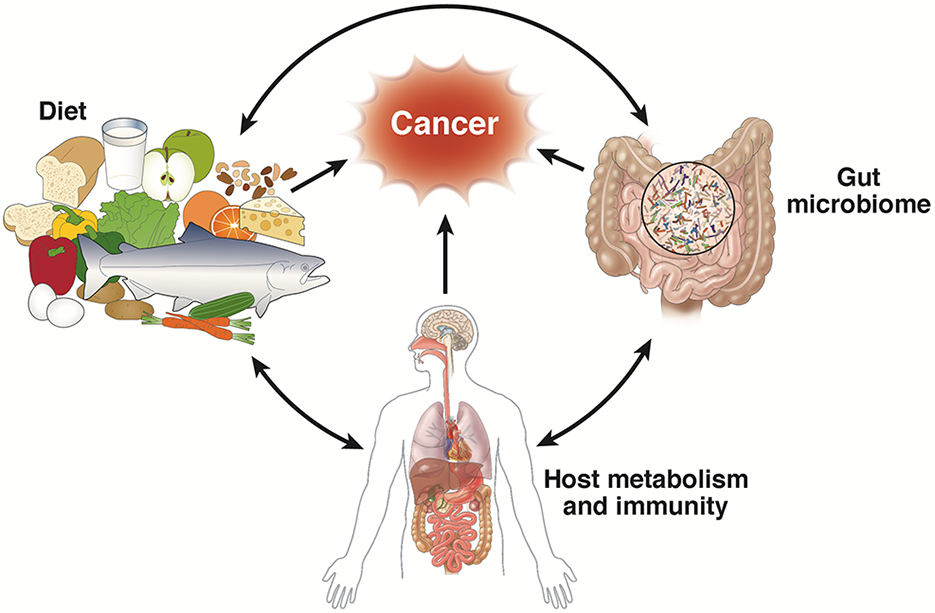Over the past few years, our group has studied the role of diet and lifestyle factors, in conjunction with host immune factors and the gut microbiota, in colorectal cancer development and survivorship. Much of the work is based on three large prospective cohort studies, the Nurses’ Health Study I and II, and the Health Professionals Follow-up Study, in which diet, lifestyle and colorectal cancer diagnosis and mortality have been assessed over decades with blood, stool, and tumor tissue specimens collected in a subset of participants. Building on the findings from observational studies, we are conducting two biomarker-based clinical trials of omega-3 fatty acid treatment in colon cancer patients (supported by the American Cancer Society) and individuals with a history of colorectal adenoma resection (supported by the National Cancer Institute) at Massachusetts General Hospital to investigate causality and explore the potential for future clinical translation. Our group is also involved in the Microbiome among Nurses Study (MICRO-N), which represents the world’s largest prospective collection of microbiome specimens from 25,000 individuals. Leveraging the integrated longitudinal data, we are studying the interplay between diet/lifestyle and gut microbiome in colorectal cancer.
